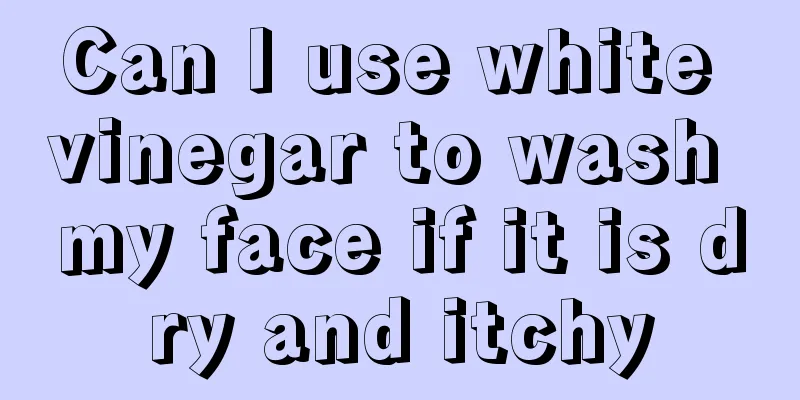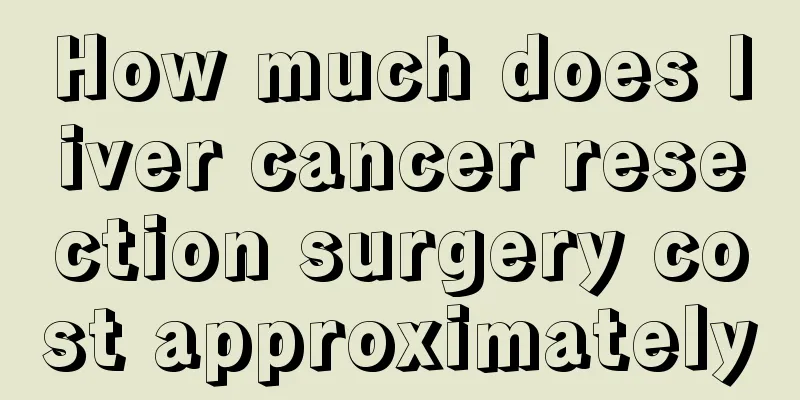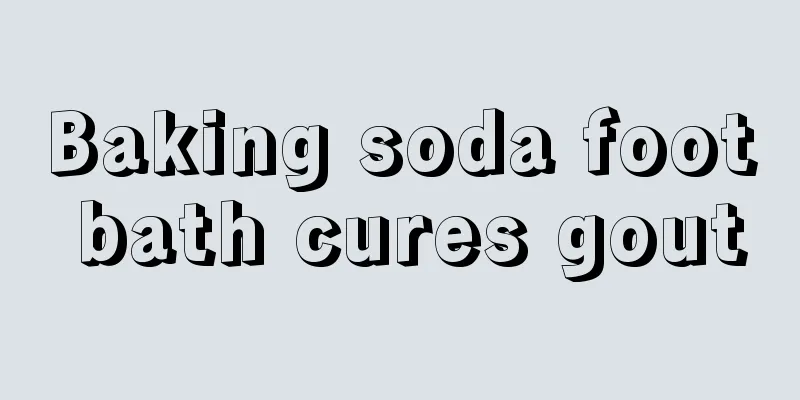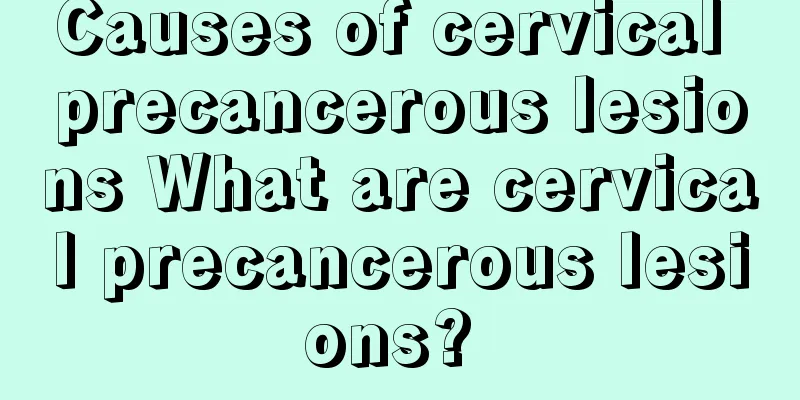Should I dip toothpaste in water when brushing my teeth
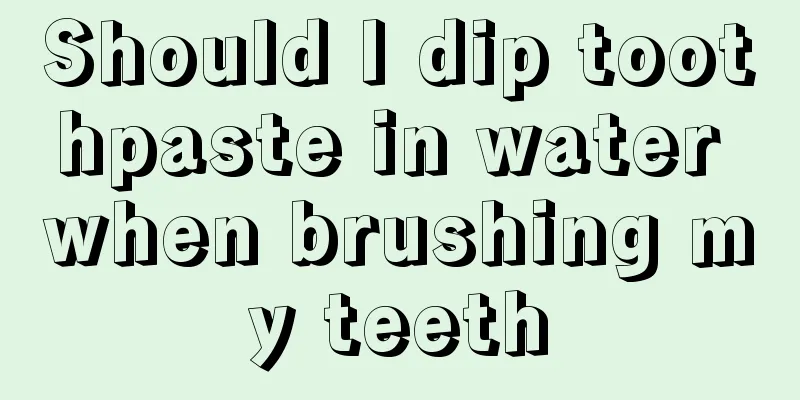
|
Many people always have a habit of putting water on the toothpaste when brushing their teeth, thinking that this can play a lubricating role. In fact, there is not much difference between putting water on the toothpaste and not putting water on the toothpaste during the brushing process. If the mouth is relatively dry and the toothbrush is also relatively dry, putting water on the toothpaste can produce foam, so generally everyone can put water on the toothpaste. Do I need to dip my teeth in water before brushing them? How do I brush my teeth correctly? 1. Vertical brush method: Just place the tip of the toothbrush bristles at the junction of the gums and the crowns, apply a little pressure along the direction of the teeth, brush downwards when brushing the upper teeth, and brush upwards when brushing the lower teeth, brushing the inside and outside of the teeth and the occlusal surface. Brush the same area repeatedly. This method can effectively remove plaque and soft scale, and can stimulate the gums to keep the gums in normal shape. 2. Vibration method: It means that when brushing your teeth, the bristles are at a 45-degree angle to the teeth, so that part of the bristles enters the gap between the gums and the tooth surface, and the other part extends into the gap between the teeth, making short-distance vibrations back and forth. When brushing the occlusal surface, the bristles should be placed flat on the tooth surface and vibrated back and forth over a short distance. You can brush 2-3 teeth in each area. Brush both the inside and outside of your teeth. Although this method is also horizontal brushing, it is a short-distance horizontal brushing, basically making horizontal vibrations in the original position. Compared with large-scale horizontal brushing, it will not damage the neck of the teeth and is not easy to damage the gums. 3. Physiological brushing method: It means that the tip of the toothbrush bristles contacts the tooth surface, and then brushes gently towards the gums. This method has a slight stimulating effect on the gums, just like food passing through them, thus promoting blood circulation in the gums and helping to keep the periodontal tissues healthy. In short, brush your teeth gently, don't use too much force, but repeat it many times. Every surface of the teeth should be brushed, especially the molars at the back, and the toothbrush should be inserted into them for brushing. If the previous methods are combined, the effect will be better. Every time after brushing your teeth, if you are not sure, you can look in the mirror to see if it is clean. Only by taking it seriously can you ensure the effectiveness of brushing your teeth. Precautions Dry brushing can damage gums Dental experts from Tzu Cheng Medical Institution pointed out that the toothbrush should be soaked before brushing. Because the weather in the north is dry, if you don't soak the toothbrush in advance, the bristles of the toothbrush will become very hard and easily damage the gums. In addition, many people are confused about whether to use a soft-bristled toothbrush or a hard-bristled toothbrush. The choice of the hardness of the toothbrush bristles varies from person to person. For example, patients with periodontal disease need to choose a soft-bristled toothbrush to help clean the periodontal band. People without periodontal disease can choose a toothbrush with medium bristles and a smaller brush head. It is not recommended to use a toothbrush for too long, otherwise the bristles will easily accumulate bacteria, which is not good for oral health. The toothbrush head should be placed upwards There is also a view that since toothbrushes are often damp, pathogens can easily breed and multiply, so two toothbrushes should be prepared and used alternately in the morning and evening. Jin Ming believes that there is no need to force yourself to use a toothbrush in the morning and evening, because in dry Beijing, the toothbrush will become dry half a day after brushing your teeth. Therefore, using a toothbrush in the morning and evening will not reduce germs. It is better to disinfect your toothbrush frequently. You can go to the pharmacy to buy 3% hydrogen peroxide and soak your toothbrush in it regularly to disinfect it. However, Jin Ming does not agree with the practice of many people putting the toothbrush head down in a cup after brushing their teeth. He said that this would make it difficult for the toothbrush to dry and breed bacteria, and the correct way to do it is to place the toothbrush head upwards. |
<<: What to do if a chicken pecks you and causes bleeding
>>: Are anti-teeth braces really useful?
Recommend
What to do if you have a toothache
If you feel toothache, it will be very uncomforta...
Symptoms of breast cancer skin metastasis
Breast cancer metastasis often occurs in the trun...
How to remove oil stains from frosted shoes
When going out, everyone will dress themselves up...
Treatment of hormone allergy
Although many drugs can achieve certain therapeut...
What are the common complications of prostate cancer? A brief analysis of the three complications of prostate cancer
In recent years, the incidence of prostate cancer...
How to identify the quality of durian?
Durian is quite popular in modern life because it...
What is muscle relaxation
The main reason for muscle relaxation is too litt...
Detailed introduction: Is lung cancer contagious?
Lung cancer is not contagious. There are several ...
What should I do if my neck is sprained and it hurts when I move? Ten tips to help you easily relieve it
In life, we often sprain our neck due to careless...
Radical resection for pancreatic cancer
Pancreatic cancer is usually discovered when jaun...
Six major hazards of long-term wearing of contact lenses
Wearing contact lenses seems to be more beautiful...
How to check for colorectal cancer without colonoscopy
Colon cancer is a malignant tumor that seriously ...
Symptoms before death from advanced liver cancer
Liver cancer is one of the more common malignant ...
How many grades are there for endometrial adenocarcinoma? Generally divided into three grades
Endometrial adenocarcinoma is divided into severa...
Is urethritis contagious? How is it transmitted?
Urethritis is a common reproductive infection tha...
